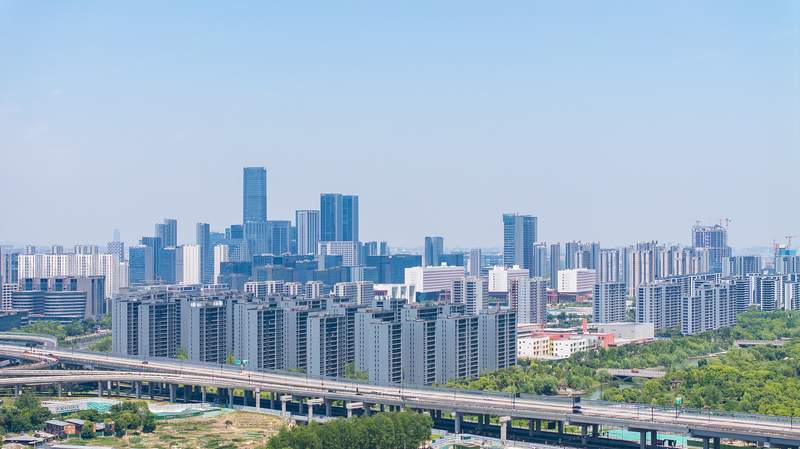On the Chinese mainland, a landmark Private Economy Promotion Law took effect on Tuesday, marking a new chapter for the private sector that makes up over 90% of registered businesses. The new legislation enshrines "equal treatment, fair competition and common development" to dismantle barriers that have long constrained entrepreneurs.
According to China's State Administration for Market Regulation, private enterprises total more than 57 million – 92.3% of all registered firms – while self-employed individuals exceed 125 million. Yet many private businesses struggled to access key markets like energy, finance and infrastructure. Now, the law orders equal legal status and development rights, banning unfair obstacles in market access, public procurement and financing.
Market reforms are built around the negative list mechanism, which reserves only explicitly restricted sectors for the state. Provinces such as Zhejiang have already pledged to revise local rules, launching projects in energy and transport to woo private investors. Liu Yonghao, chairman of New Hope Group, says the law will allow "more liberated participation" for private capital.
Innovation incentives also take center stage. Private firms generate 70% of patents, 80% of the nation's "little giants" in small and medium-sized business, and 90% of high-tech enterprises. By guaranteeing intellectual property rights and R&D support, the law nudges capital into advanced manufacturing, artificial intelligence and green energy – sectors key to China's next growth frontier.
Consulting expert Li Xin from Shandong University of Finance and Economics notes that aligning government actions with WTO principles helps stabilize expectations amid global uncertainties. "Legal protections give private firms a clear path to compete internationally, even with lingering tariff pressures," Li said.
As private firms contribute over 60% of GDP and 80% of urban jobs, this legislation aims to allay identity anxiety and boost confidence. By leveling the playing field, China seeks to inject fresh energy into its economic modernization plan and solidify the private sector's role in driving future growth.
Reference(s):
China's private economy enters new era as landmark law takes effect
cgtn.com




